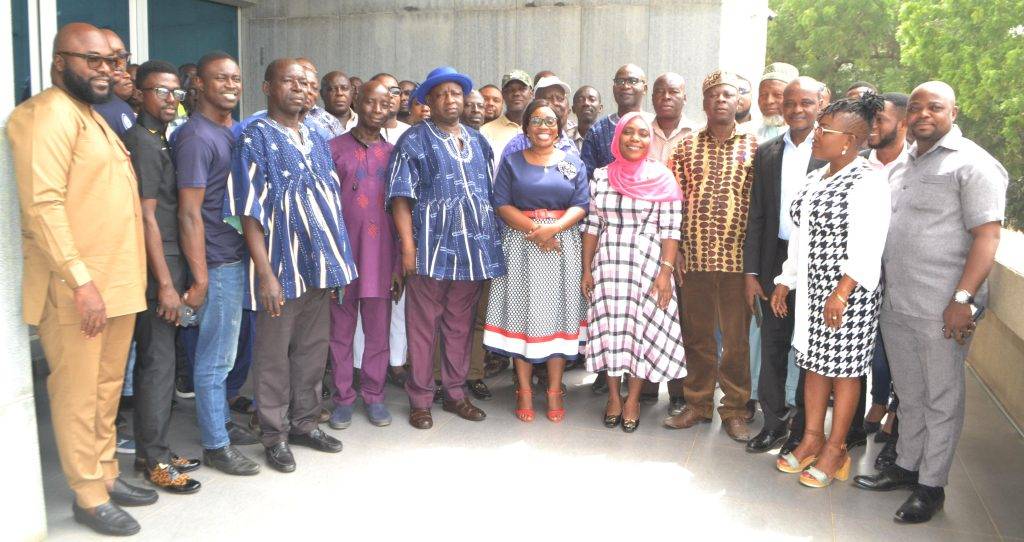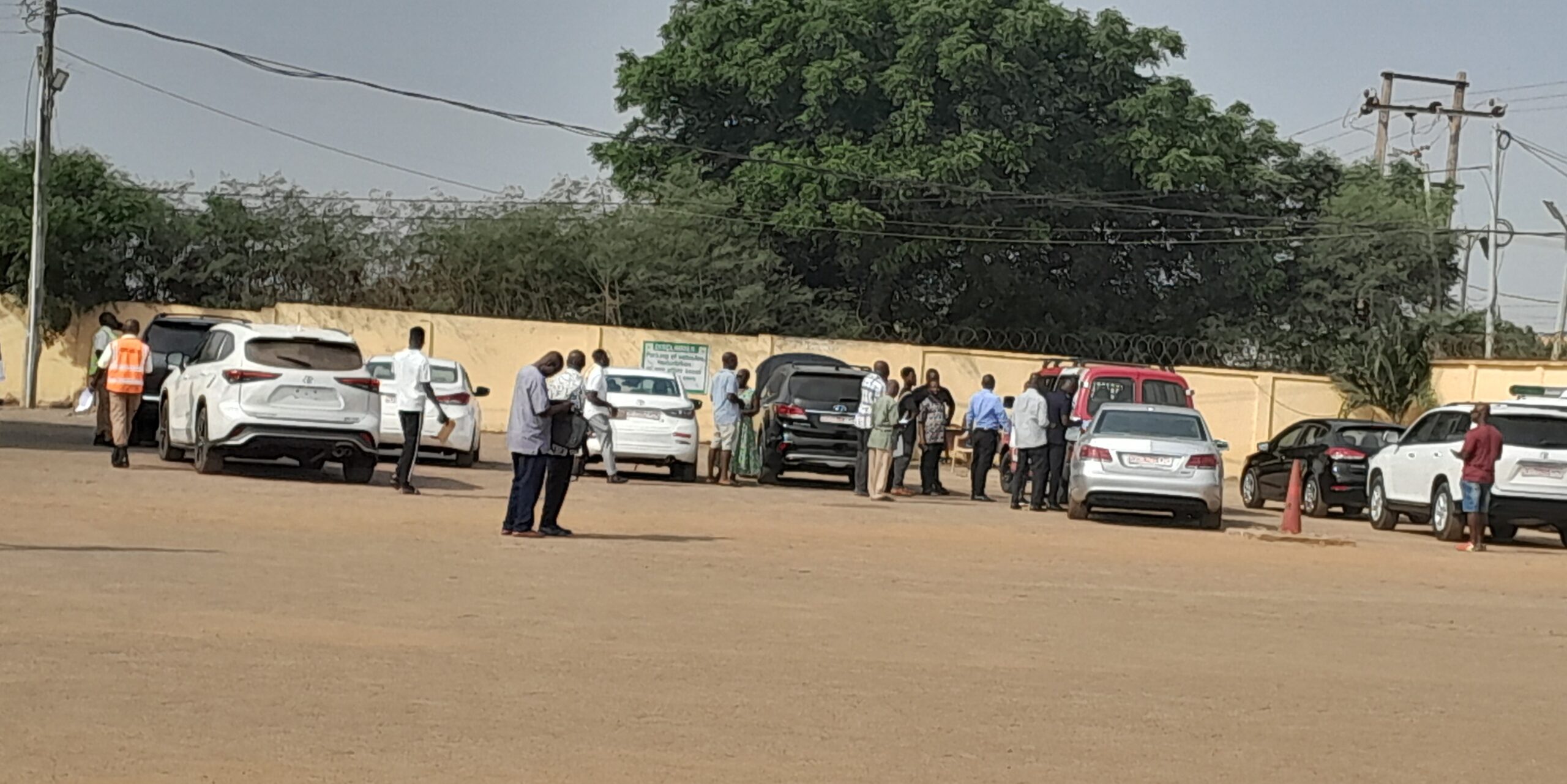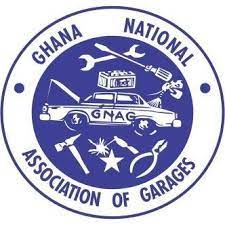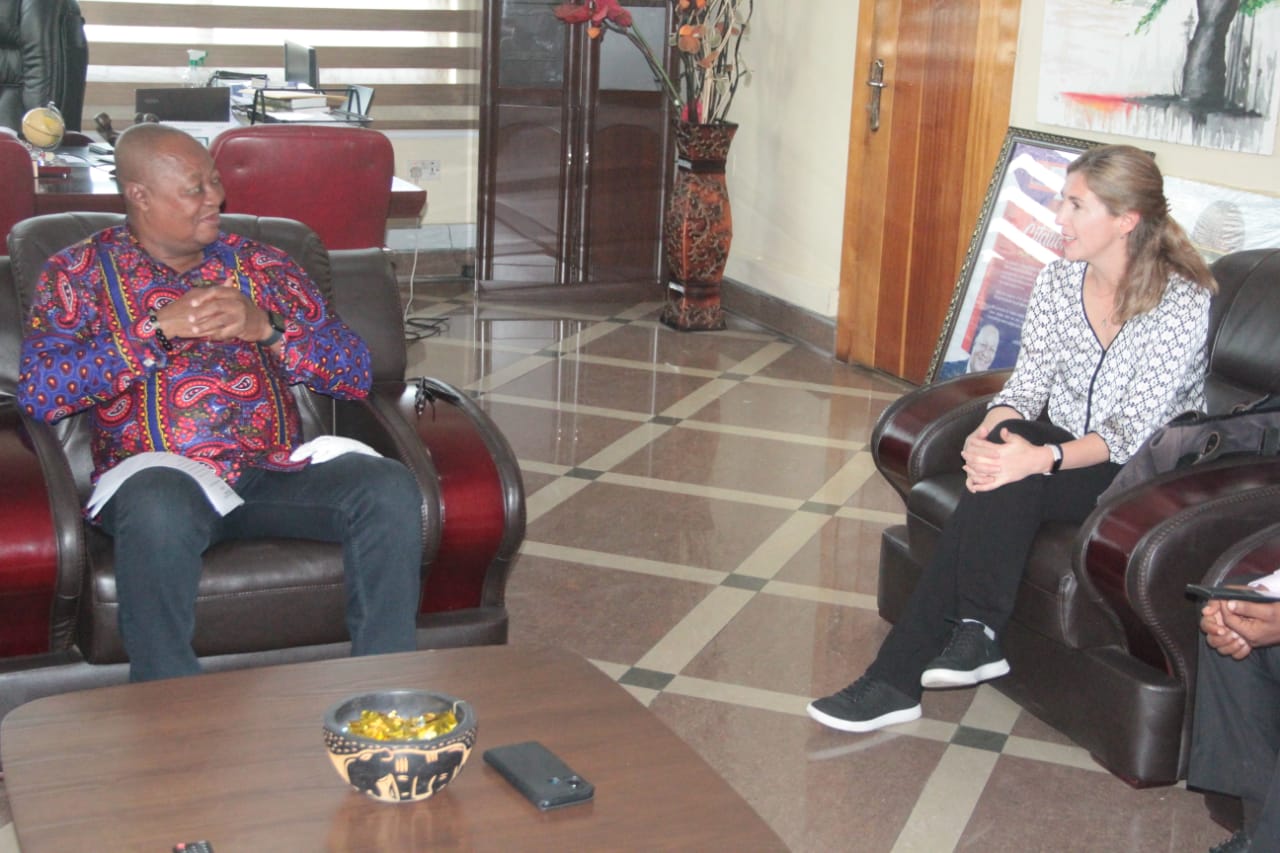
On Wednesday, 30th April, 2025 The Chronicle published an Editorial on a total of 3,674 road traffic crashes that had already been reported between January and March, 2025. These crashes, the NRSA revealed, involved 6,143 vehicles of all categories and 5,039 casualties (752 fatalities/deaths and 4,287 injuries).
Our editorial further added that somewhere last year, the Daily Graphic also reported that 2,276 persons were killed in 14,135 reported road crashes involving 23,998 vehicles in 2023. Within the same period 15,409 persons suffered varying degrees of injury from the crashes, while 2,559 pedestrians were also knocked down.
We also indicated that experts will admit that majority of these road crashes come as a result of head-on collisions, wrong overtaking and others. This is not only the case, abandoned accident cars and the lack of towing vehicles also contributes significantly to the accidents on our roads and it is high time we also address it.
It is for this reason that the NRSA has proposed introduction of a legislation mandating all vehicle owners in Ghana to subscribe to towing services, marks a significant step toward improving road safety and clearing Ghana’s roads of abandoned vehicles. While the plan is both timely and necessary, it must be approached with sensitivity, transparency and a commitment to fairness to avoid repeating the mistakes of the past.
Abandoned and broken-down vehicles have long been a menace on Ghanaian roads. They not only create severe traffic congestion but also contribute to accidents, injuries and sometimes fatalities. It is not uncommon to find such vehicles left for hours, or even days, on major highways, posing serious dangers to unsuspecting road users. Therefore, any effort aimed at addressing this perennial problem deserves public attention and support.
Acting Director-General of the NRSA, Abraham Amaliba, in a recent interview on Citi FM, indicated that the proposed legislation forms part of a new Legislative Instrument (LI) that would also regulate the operations of commercial motorcycles, or Okadas.
Under this proposal, no vehicle would be allowed to use public roads unless registered with a certified towing service provider or an insurance company that includes towing as part of its package. This proactive approach ensures that every vehicle has a backup plan in the event of a breakdown.
Additionally, the provision that allows the NRSA to intervene and tow vehicles if the subscribed service provider fails to respond within 30 to 45 minutes is a commendable safeguard. It ensures accountability and eliminates delays that could exacerbate the dangers posed by immobilised vehicles. However, the cost of this secondary intervention must be reasonable, transparent, and well-communicated to the public to prevent abuse.
It is worth noting that a similar attempt to impose a compulsory towing levy in the past was vehemently rejected by the public. The resistance stemmed from the lack of transparency in the process, particularly the decision to award the entire service to a single provider without sufficient public consultation.
This time around, the NRSA appears to have learned from that debacle. Mr Amaliba emphasized that vehicle owners would be allowed to choose from a list of certified towing service providers an important improvement that promotes competition, enhances service delivery, and protects consumer choice.
Nonetheless, the success of this initiative will depend heavily on how it is rolled out. First, public education is crucial. Ghanaians must understand not only why the law is necessary, but how it will work in practice.
Secondly, there must be robust regulation of towing companies to ensure they meet safety, efficiency and ethical standards. Thirdly, enforcement must be fair and consistent, without favoritism or extortion.
We must also caution that this new legislation should not become a tool for revenue generation at the expense of ordinary citizens. Its primary aim must be road safety, not profiteering. For rural and low-income vehicle owners, affordable subscription options should be made available to prevent further marginalization.
While the NRSA’s proposal to mandate vehicle towing subscriptions is laudable, its implementation must be grounded in fairness, transparency, and stakeholder engagement. If executed properly, it could save lives, ease congestion, and move Ghana one step closer to safer roads.
But if handled poorly, it risks becoming yet another well-intentioned policy marred by public distrust and ineffective enforcement.
The NRSA has laid the foundation now, it must build wisely.
The post Editorial: NRSA Proposal For Vehicle Owners To Subscribe To Towing Services Will Improve Road Safety appeared first on The Ghanaian Chronicle.
Read Full Story




















Facebook
Twitter
Pinterest
Instagram
Google+
YouTube
LinkedIn
RSS